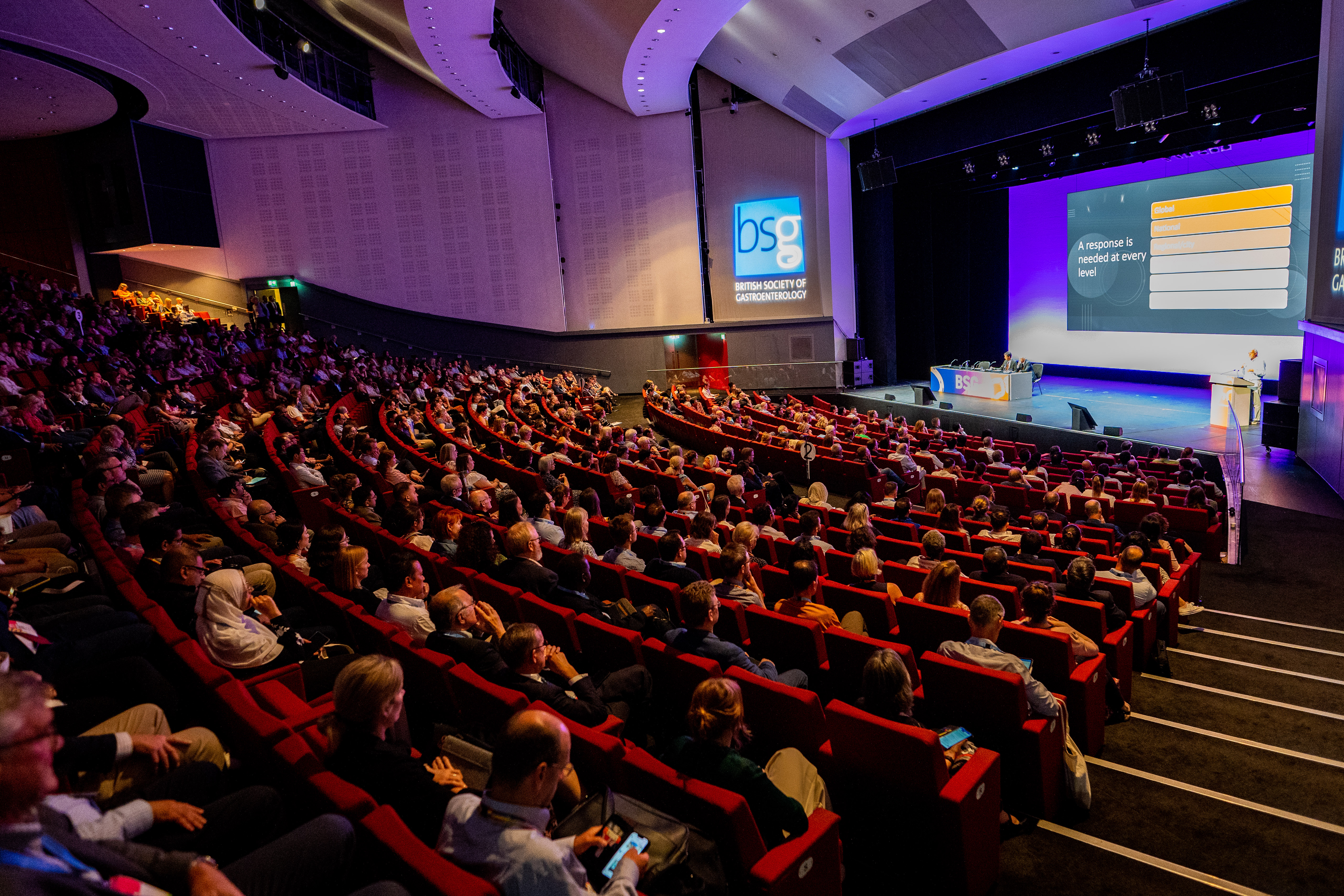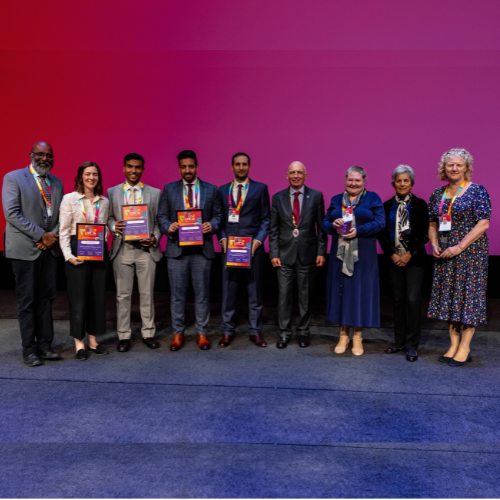.jpg?width=5630&height=3753&ext=.jpg)
Awards
Welcome to the Awards section of the BSG website, a place to celebrate exceptional accomplishments in the field of gastroenterology and hepatology, and provide support to members in enhancing their knowledge.
.jpg?width=5630&height=3753&ext=.jpg)
Welcome to the Awards section of the BSG website, a place to celebrate exceptional accomplishments in the field of gastroenterology and hepatology, and provide support to members in enhancing their knowledge.
Our aim is to recognise the outstanding achievements of individuals who have made significant research contributions, as well as offer support to trainees travelling to conferences to present their research, supporting their professional development and broadening their knowledge.
You can find upcoming awards, bursaries and grants for which you can apply or nominate a colleague, as well as a comprehensive list of previous winners from the last few years. Please note some awards and bursaries are only available to members.
Annual Meeting Awards (Now closed for 2025)
Other Awards

The list below comprises previous and historic award winners from the last few years.
Read the listBSG Award Principles
The BSG has a number of prizes, awards grants and bursaries that are open to members at different stages of their careers
Being considered for any of these is an opportunity for members to enhance their portfolio and strengthen their career and be publicly recognised for their achievements. Being awarded by a national society can also be a great opportunity for the member’s unit, hospital and trust.
The BSG’s awards and grants programme would not be possible without the work of our judges and the society expresses gratitude for their work.
All BSG awards should follow a fair, open and transparent process.
In addition, the BSG has appointed an adjudicator, who will oversee the administration and judging for all BSG awards and grants to ensure these standards are met, and will receive a copy of the attached for each award the BSG administrates. The adjudicator will also oversee any complaints to ensure due process is followed.